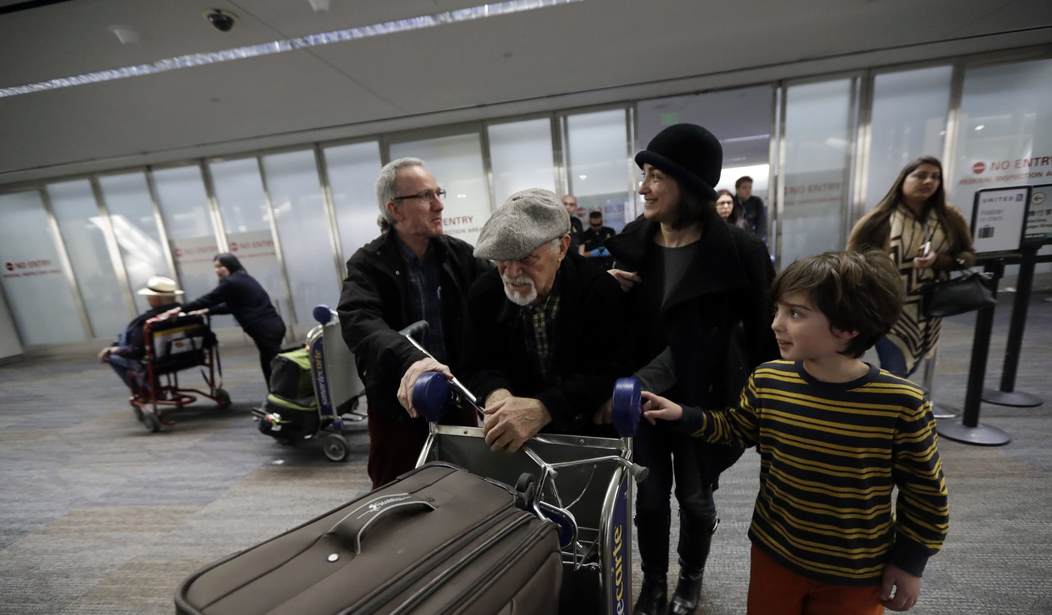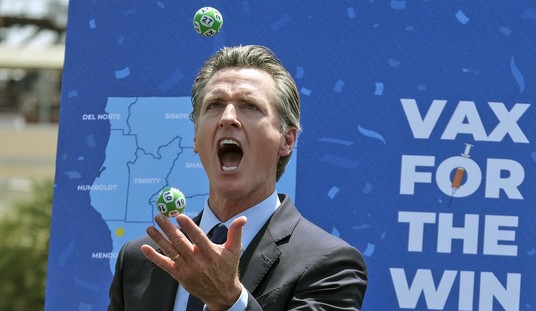WASHINGTON — The White House announced Sunday evening that seven countries are now under special visa restrictions for not complying or not following up with U.S. requests to meet certain baselines security measures for travelers coming to this country.
Chad, Iran, Libya, North Korea, Syria, Venezuela, and Yemen were determined to “not adequately adhere to the new requirements.”
Iraq, which was removed from President Trump’s original travel ban after Baghdad noted that they were fighting the frontline battle against ISIS, “did not meet the baseline” but Trump determined “entry restrictions are not warranted.”
“The Secretary of Homeland Security recommends, however, that nationals of Iraq who are traveling to the United States be subject to additional scrutiny,” said the White House memo. “Additionally, the President and the Secretary of Homeland Security determined that while Somalia generally satisfies the minimum information-sharing requirements, it presents special circumstances that warrant specific restrictions and security enhancements to protect the American people.” The current president of Somalia, Mohamed Abdullahi Mohamed, is a dual Somali-American citizen who used to work in New York’s state government.
The countries now under “tailored travel restrictions” were “warned that failure to comply would have consequences and were given 50 days to work with the United States to make improvements,” the White House said. “In response, a number of nations that were not in compliance took action by, for example, increasing their information sharing with the United States regarding terrorism threats, enhancing travel document security, or improving their reporting of lost and stolen passports.”
Restrictions on the affected countries “may be lifted as they work with the United States government to ensure the safety of Americans.”
“With this proclamation, the president is carrying out his duty to protect the American people,” Secretary of State Rex Tillerson said in a brief statement. “The State Department will coordinate with other federal agencies to implement these measures in an orderly manner. We will continue to work closely with our allies and partners who share our commitment to national and global security.”
Entry for all types of nationals from Chad, Libya, North Korea, Syria and Yemen is “suspended,” while Iran gets an exception for student visas. The Venezuela restrictions apply to “officials of government agencies of Venezuela involved in screening and vetting procedures — including the Ministry of the Popular Power for Interior, Justice and Peace; the Administrative Service of Identification, Migration and Immigration; the Scientific, Penal and Criminal Investigation Service Corps; the Bolivarian National Intelligence Service; and the Ministry of the Popular Power for Foreign Relations — and their immediate family members.”
“The restrictions announced are tough and tailored, and they send a message to foreign governments that they must work with us to enhance security,” Acting DHS Secretary Elaine Duke said.
The American Civil Liberties Union called the restrictions “Muslim Ban 3.0″ in a Sunday night tweet.
“Six of President Trump’s targeted countries are Muslim. The fact that Trump has added North Korea — with few visitors to the U.S. — and a few government officials from Venezuela doesn’t obfuscate the real fact that the administration’s order is still a Muslim ban,” ACLU Executive Director Anthony D. Romero said. “President Trump’s original sin of targeting Muslims cannot be cured by throwing other countries onto his enemies list.”
Supreme Court arguments on the ACLU’s challenge to Trump’s original travel ban are scheduled for Oct. 10.









Join the conversation as a VIP Member